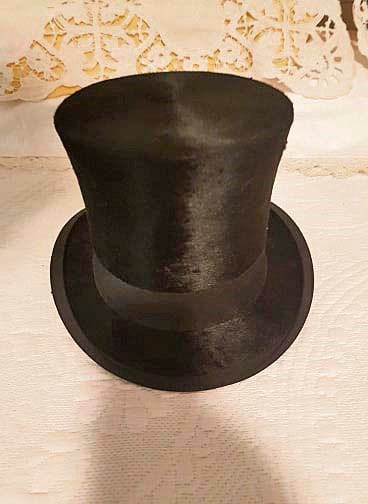Of the many groups of settlers to the Canadian West during the latter half of the 19th century, one of the most fascinating was the so-called “remittance men.”
Contrasted with the many thousands of colonists - European settlers who came to the “new world” seeking to build a new and better life on the Canadian prairies - the remittance men instead sought to live out their lives much as they had on the other side of the Atlantic.
One colourful definition describes remittance man as a “term once widely used, especially in the West before WWI, for an immigrant living in Canada on funds remitted by his family in England, usually to ensure that he would not return home and become a source of embarrassment.”
This is perhaps an uncharitable view. In fact, many of the remittance men were willing settlers to the far corners of the British Empire.
Many were the younger sons of the great landowning families of Britain and sought to make their own fortunes. The remittance payments were intended to give them financial stability in order to pursue their careers in the colonies.
Despite the high aspirations, most of this class of settler became famous more for their social contributions rather than their industriousness.
Quite often a large stipend from home would allow the remittance men to purchase substantial homesteads, but they often expressed more interest in fox hunting and horse racing than sowing crops and farming cattle.
Scathing
Contemporary accounts are often scathing in their opinion of the agricultural aptitude of these gentleman farmers, though they are often given glowing commendation for their contributions to the arts and society of pioneer communities.
The heyday of the remittance men was a short one, lasting scarcely 40 years. They arrived in Canada in the years following Confederation; the outbreak of the First World War saw an abrupt halt to their immigration.
As the younger sons of prominent British families, the remittance men were fiercely patriotic and enlisted in huge numbers. Following the war, few of the remittance men returned to the colonies, instead remaining in Britain to pursue new opportunities.
Today the remittance men are largely forgotten, but their contributions gave a unique character to the Canadian West.
They were credited with giving the prairies an air “more of the salon than the saloon.”
Brett Bambridge is summer curator of Virden Pioneer Home Museum.




